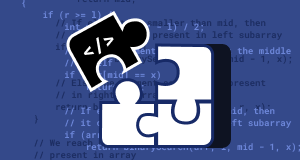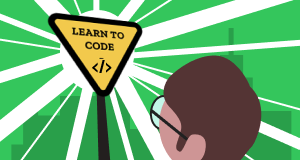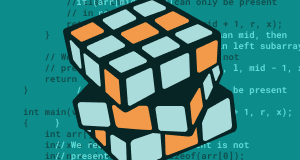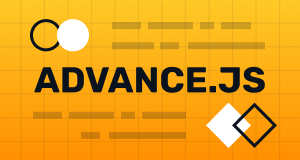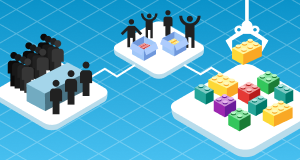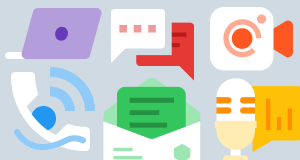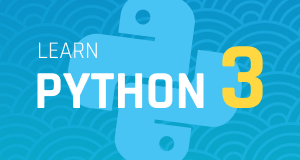LEARN BEST PRACTICES
Learn new skills, solve interesting challenges, and see how other community members approached and solved challenges.
Featured Courses
-
Basic Algorithm
0/29 -
Learn to Code
0/25 -
Communication
0/11 -
User Experience
0/7 -
CS50: Learn HTML
0/5 -
CS51: Learn CSS
0/14
Beta Courses
-
Learn Python 3
0/31 -
How to manage
0/1
